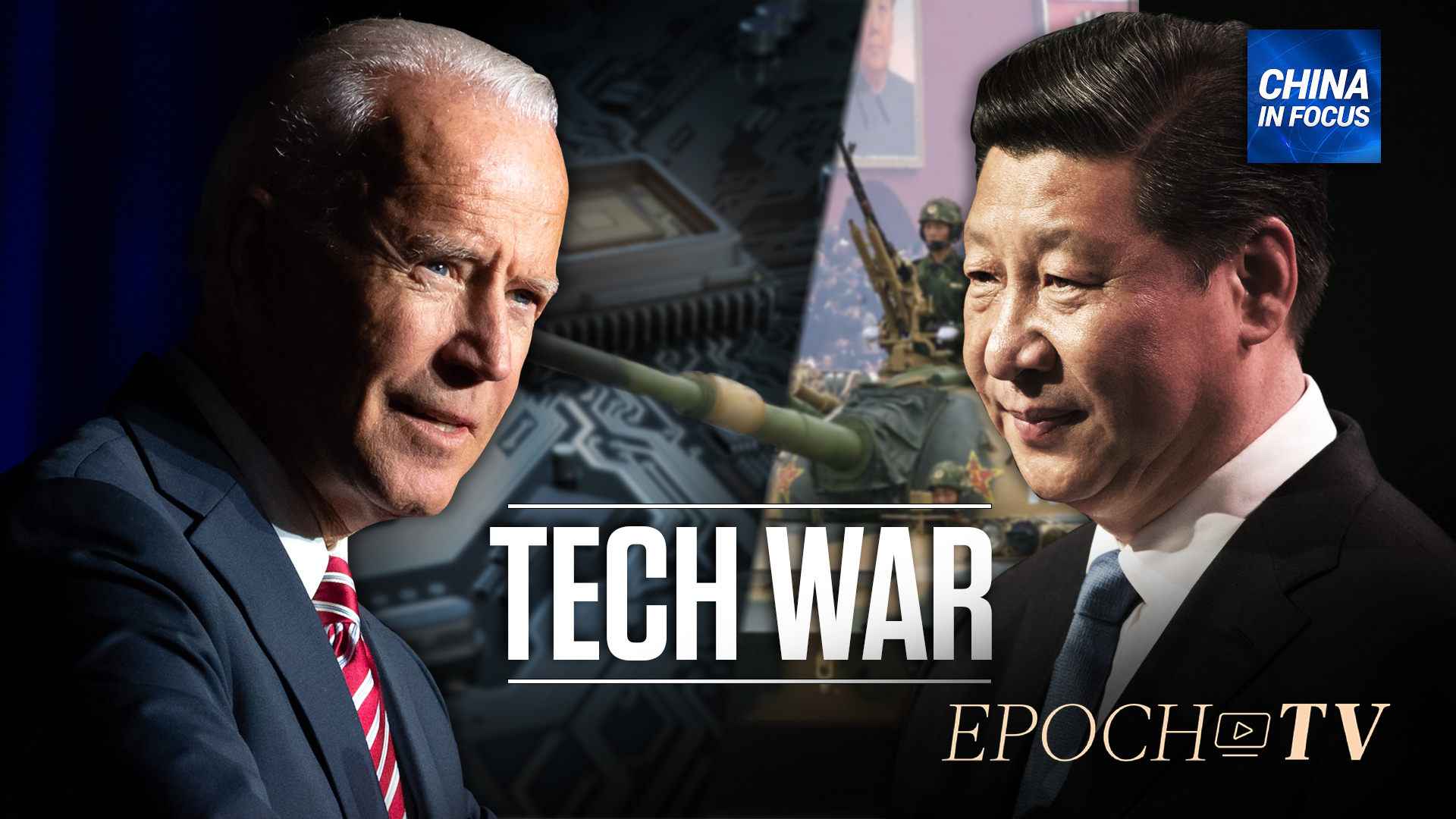

government issuance of congressionally mandated country reports, including reports on human rights, religious freedom, and trafficking in persons. Another high-profile policy practice is the U.S. Policy tools include open censure of China quiet diplomacy congressional hearings and legislation funding for rule of law and civil society programs in the PRC support for dissidents and prodemocracy groups in China and the United States sanctions bilateral dialogue Internet freedom efforts public diplomacy and coordinating international pressure. In a speech to State Department employees in May 2017, Secretary of State Rex Tillerson stated that “guiding all of our foreign policy actions are our fundamental values: our values around freedom, human dignity, the way people are treated.” He also said, “If we condition too heavily that others must adopt this value that we’ve come to over a long history of our own, it really creates obstacles to our ability to advance our national security interests, our economic interests.”Ĭongress and successive Administrations have developed an array of means for promoting human rights and democracy in China, often deployed simultaneously. The issue of human rights is not among the “four pillars” of the new U.S.-China Comprehensive Dialogue that was established during discussions between President Trump and President Xi at Mar-a-Lago in April 2017. According to some analysts, the Trump Administration has indicated a partial departure from the Obama Administration’s approach toward human rights in China, which some analysts say suggests less emphasis on human rights in U.S. Human rights conditions in the PRC long have been a central issue in U.S.-China ties.

Since July 2015, over 250 human rights lawyers and activists have been temporarily detained, arrested, sentenced to prison terms, or placed under heavy surveillance in what is known as the “7-09 Crackdown.” Despite moving forward with some policies aimed at reducing rights abuses and making the government more transparent and responsive, Xi has implemented new laws that appear to strengthen the role of the Communist Party and the state over a wide range of social and civil society activities in the name of national security, and instated greater government controls over the media and the Internet. The era of Hu Jintao, Xi’s predecessor, who was China’s leader from 2002 to 2012, was marked by serious human rights abuses, but also by an emerging civil society of nongovernmental organizations and advocacy groups, a growing number of human rights activists and lawyers, and the rise of limited investigative reporting and public discourse on social media platforms. Other major human rights violations in China include the practice of incommunicado detention, torture of persons in custody, censorship of the Internet, and restrictions on the freedoms of religion, association, and assembly. The PRC government under the leadership of Chinese Communist Party General Secretary and State President Xi Jinping has implemented a clampdown on political dissent, civil society, human rights activists and lawyers, and the religious, cultural, and linguistic practices of Tibetans and Uyghurs. This report examines human rights conditions in the People’s Republic of China (PRC) and policy options for Congress.


 0 kommentar(er)
0 kommentar(er)
